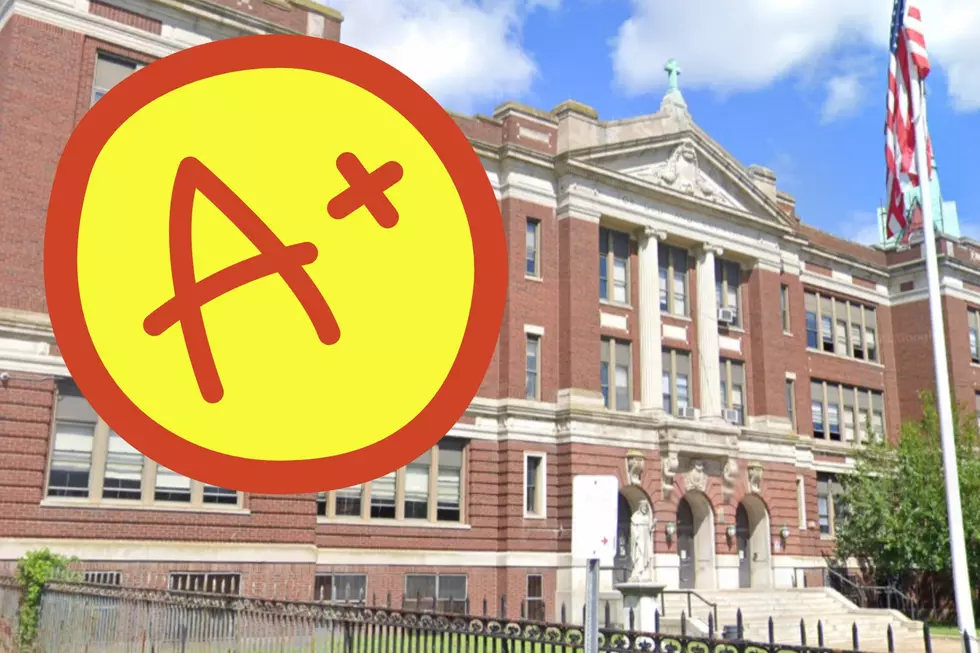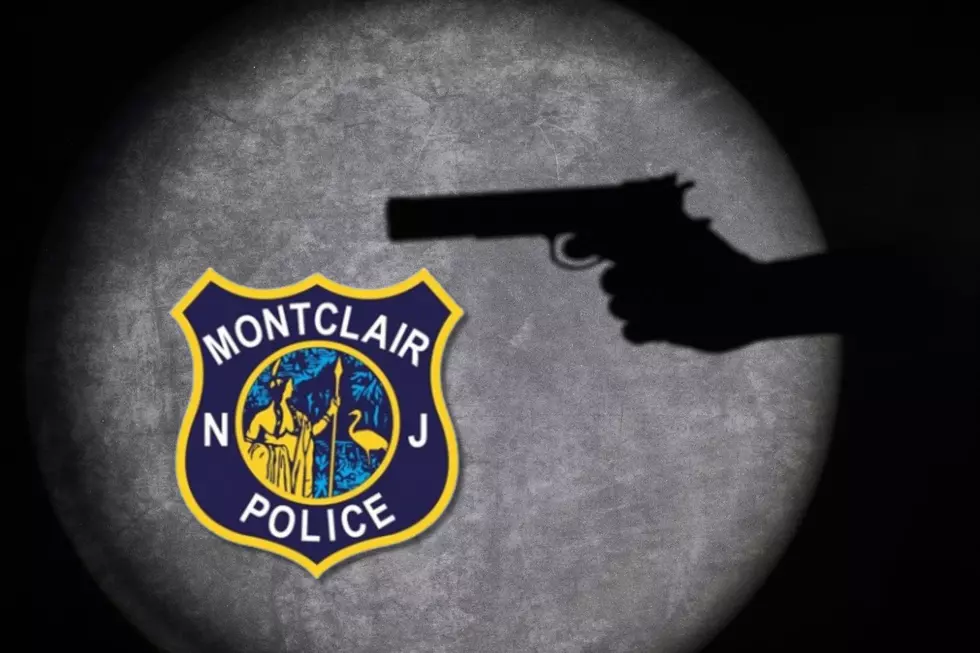
HPV vaccine can prevent certain cancers later in life, research shows
The HPV vaccination could help prevent more than 34,800 cases of cancer each year, according to the American Cancer Society. But the nationwide vaccination rate is below 50%, leaving many kids at risk for various types of cancers later in life.
In New Jersey, about 1,900 new cases of HPV-related cancers occurred each year between 2011 and 2015 and the Centers for Disease Control and Prevention says the state's vaccination rate is at 48.%. The ACS hopes to have an 80% HPV vaccination rate nationally by 2026.
The HPV vaccination is a series of injections that have shown to protect people against nine strains of HPV, seven of which are cancer causing, said Dr. Christine Masterson, chief of Women's and Children's Services at Summit Medical Group.
Two or three doses of the vaccine are needed depending on age. Masterson said the earlier in life a person receives the vaccine, the better the effects. She said the HPV vaccination is recommended for both boys and girls, ages 11 to 12. It is best to complete the series by a child's 13th birthday. But she also added that it can be given as young as 9 years old and according to recent CDC guidelines, the vaccine can be given up to age 45 in adults.
Children are at risk for six to nine types of cancer later in life without the HPV vaccine, said Masterson. While most HPV diseases are mostly related to cervical cancer, that is not the only cancer it can cause. It can cause throat, tonsillar, anal, penile and female genital cancers.
Masterson said 4 out of 5 people will be diagnosed with some HPV-related illness. Not all of these lead to cancer but it is a pre-cursor to cancer. While many people still are unfamiliar with the vaccine, many tend to question the safety and effectiveness of it, she said.
"In the past, HPV has always been linked to sexual activity, when really this is a vaccine that we have to prevent cancer," said Masterson. These cancers are preventable ones and she said this vaccine has been shown to be effective. Just two doses can prevent 90% of HPV-related cancers.
She said the vaccine does go through all the standard surveillance and reporting that other vaccines go through and it's definitely been proven to be effective in decreasing infection rates as well as decreasing pre-cancers.
Masterson suggested that parents talk to their children's pediatricians about the HPV vaccine or visit The American Cancer Society's website to learn more.
"The more we educate and let people know this is a cancer-preventing vaccine, the more lives we can save," said Masterson.
More from New Jersey 101.5:
More From New Jersey 101.5 FM









